If anyone hoped that Tesla CEO Elon Musk being named to President-elect Donald Trump’s staff might mean a reprieve for the tax credits created during the Biden administration — guess again. Those credits are as good as gone.
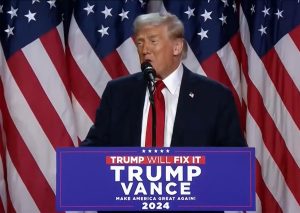
Trump was decidedly anti-regulatory during his first term and is expected to take a similar approach in his second.
Musk, who was named co-Chair of the Department of Government Efficiency, threw his support behind Trump months ago. However, during the past couple of months, he became an active participant in Trump’s campaign, actively lobbying for the role Trump granted him.
While Musk also runs the most successful EV maker in the world — as well as SpaceX and X (formerly Twitter) — he is not in favor of the $7,500 tax credit the Biden administration implemented as part of the Inflation Reduction Act.
“Some may think Tesla CEO Elon Musk serving as a Trump advisor will help keep EV credits, but we think Elon wants the government out of EVs as much as possible,” Morningstar analyst David Whiston wrote in a note to clients.
Wet blanket on sales
EV sales are growing, but not at the spectacular rate the industry saw for much of 2022. However, they are expected to be up 10% by the end of 2024. One of the reasons for the increase is the the credit, which can now be used as part of a vehicle’s down payment.
Additionally, as long as the vehicle fits the various pricing requirements, leasing an EV provides a loophole for consumers wanting an EV that doesn’t meet the U.S-based production and materials requirements for the batteries and vehicle.
Even with the tax credit, EVs cost nearly $8,000 more than their gas- and diesel-powered counterparts. Additionally, in their first year, they are more costly to maintain than those vehicles too, studies show.
However, pulling the plug comes at a time when domestic automakers, particularly General Motors and Rivian, are at transition points in their EV growth. GM’s introduced three new vehicles this year and the updated Chevrolet Bolt and others are coming in 2025.
Why Musk’s against credit
For most company’s producing electric vehicles, the tax credits have been a boon. However, Musk has long been against them. Why? He’s got a big advantage over the rest of the industry right now.
“EV tax credits getting pulled” is “a negative for the industry” but “bullish for Tesla,” Wedbush Securities analyst Dan Ives wrote in a note. “Tesla has the scale and scope that is unmatched in the EV industry and this dynamic could give Musk and Tesla a clear competitive advantage.”
That advantage is that currently Tesla is the only EV maker turning a profit on its vehicles. The rest are either surviving on selling carbon credits to the other automakers that still produce vehicles powered by internal combustion engines.
More Trump Stories
- Trump Election Crimps UAW Political Influence
- Trump Vows to Reverse Biden EV, Auto Emissions Rules — for $1 Billion
- Trump’s Second Term Presents Opportunities, Poses Risk to Auto Industry, Says Top Toyota Exec
Why should they be retained
While individual automakers haven’t issued formal statements about the potential revocation of the tax credits, the industry’s top advocacy group, the Alliance for Automotive Innovation, lobbied for them to be created, and last month sent a letter to the U.S. Congress pushing for them to be retained.
“Sustaining these complementary provisions — including the Advanced Manufacturing Tax Credit, consumer tax credit and commercial leasing credit — is critical to cementing the U.S. as a global leader in the future of automotive technology and manufacturing,” David Schwietert, chief government affairs and policy officer, Alliance for Automotive Innovation, wrote in a letter to the U.S. Congress.
Based on the sales and projected sales using the credits, automakers have invested more than $110 billion in new plants to build EVs or the batteries that power them. That means as many as 10,000 new jobs for just those plants alone. It doesn’t account for the supporting jobs that accompany them.
Repealing the credit may widen the gap between the U.S. and China when it comes to EVs, some suggest.
“It would be so counterproductive,” Jennifer Granholm, U.S. Secretary of Energy, told reporters at the Cop29 climate conference in Baku. “You eliminate these credits, and what do you do? You end up ceding the territory to other countries, particularly China.”

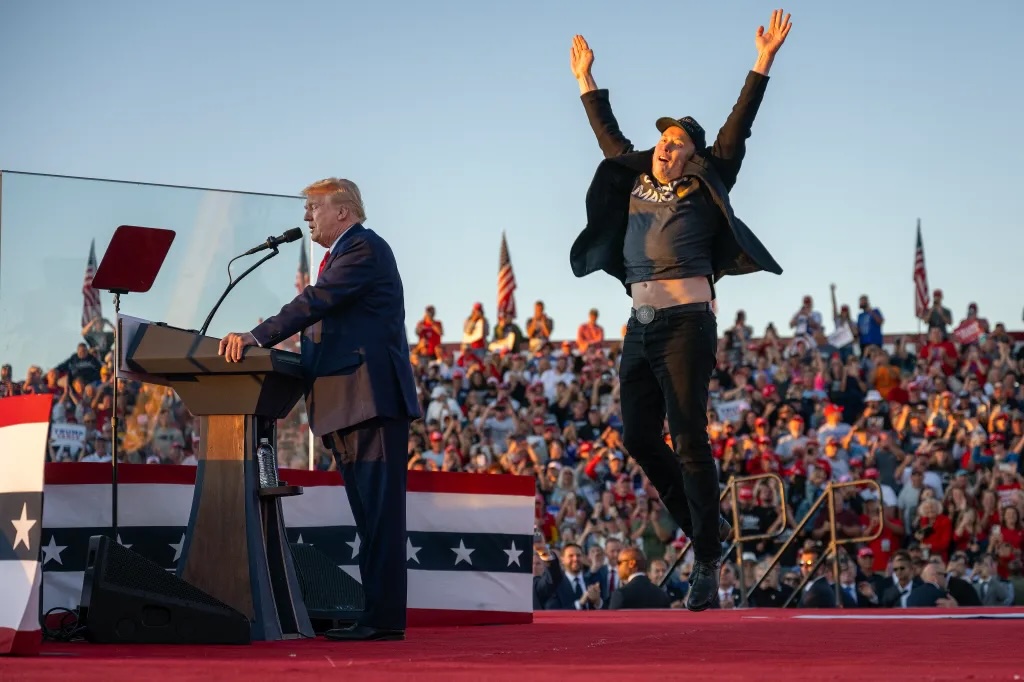
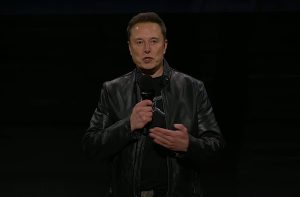

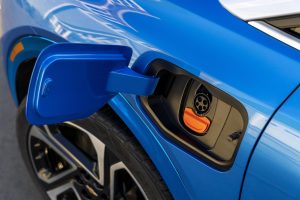
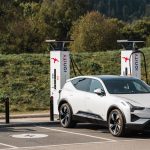
Dealers have till 2/25 to clear their lots of EVs.
Not going to work that way. Musk won’t let that happen.